Grand Illusion
La Grande Illusion
Overview
A group of French soldiers, including the patrician Captain de Boeldieu and the working-class Lieutenant Maréchal, grapple with their own class differences after being captured and held in a World War I German prison camp. When the men are transferred to a high-security fortress, they must concoct a plan to escape beneath the watchful eye of aristocratic German officer von Rauffenstein, who has formed an unexpected bond with de Boeldieu.

A Timeless Portrayal of War and Humanity

The film's central theme of class struggle is expertly woven throughout the narrative, as the characters' social backgrounds and relationships with each other and their German captors are skillfully revealed. The character of Captain de Boeldieu, played by Pierre Fresnay, is particularly noteworthy, as his aristocratic bearing and sense of honor are gradually stripped away, exposing the vulnerabilities and doubts that lie beneath. In contrast, the working-class Lieutenant Maréchal, played by Jean Gabin, embodies a more pragmatic and resilient approach to survival, highlighting the tensions and affinities that exist between individuals from different social classes. The chemistry between the leads is undeniable, and their performances are complemented by a strong supporting cast, including Erich von Stroheim as the enigmatic and aristocratic German officer, von Rauffenstein.
One of the most striking aspects of "Grand Illusion" is its thoughtful and balanced portrayal of the enemy, as embodied by von Rauffenstein. Rather than relying on simplistic stereotypes or nationalist caricatures, Renoir presents a multidimensional and nuanced character, whose own sense of honor, duty, and disillusionment serves as a counterpoint to the French prisoners' experiences. The film's use of long takes, deep focus, and location shooting adds to its sense of realism and immediacy, drawing the viewer into the world of the prison camp and the characters' struggles. While some viewers may find the pacing and tone of the film to be somewhat slow or dated, "Grand Illusion" remains a landmark of cinematic storytelling, offering a rich and rewarding experience for audiences willing to engage with its themes and characters. With its powerful exploration of the human condition, "Grand Illusion" is a film that continues to resonate with audiences today, and its influence can be seen in many later war movies and dramas.
CAST
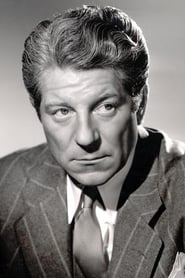

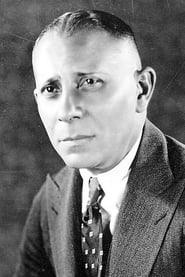
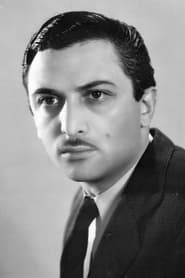
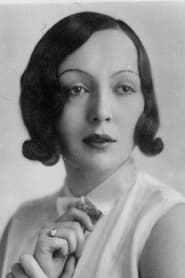
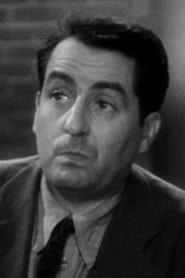
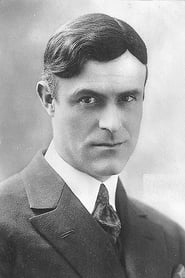
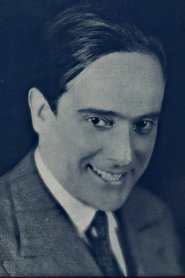

Trailer
Recent Reviews

Son of Saul
"Son of Saul" is a cinematic masterpiece that delves into the darkest corners of human history, plun...

Kills on Wheels
"Kills on Wheels" is a Hungarian action-drama-comedy that defies conventions and challenges the audi...
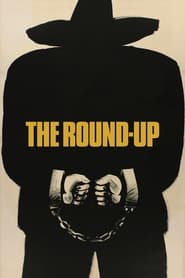
The Round-Up
The Round-Up, a 1966 Hungarian drama directed by Miklós Jancsó, is a powerful and thought-provoking ...

Valan: Valley of Angels
"Valan: Valley of Angels" is a gripping and atmospheric crime drama that delves into the complexitie...

On Body and Soul
"On Body and Soul" is a mesmerizing and contemplative film that delves into the complexities of huma...
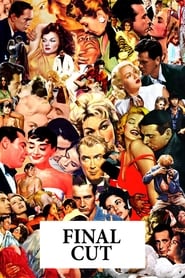
Final Cut: Ladies and Gentlemen
"Final Cut: Ladies and Gentlemen" is a mesmerizing experiment in cinematic storytelling, weaving tog...
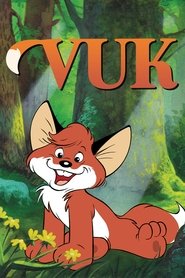
The Little Fox
The Little Fox, a 1981 animated film based on the novel by Hungarian writer István Fekete, is a char...
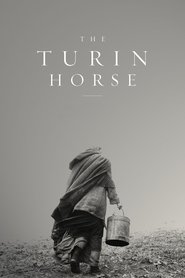
The Turin Horse
The Turin Horse, directed by Béla Tarr, is a mesmerizing and unflinching drama that delves into the ...
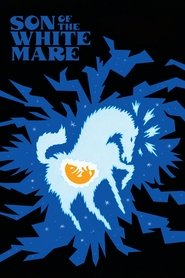
Son of the White Mare
"Son of the White Mare" is a captivating animated film that has stood the test of time, enchanting a...
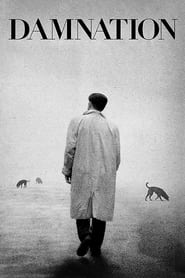
Damnation
Béla Tarr's "Damnation" is a cinematic masterpiece that delves into the bleak and desolate world of ...
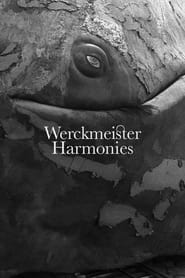
Werckmeister Harmonies
Werckmeister Harmonies, directed by Béla Tarr, is a cinematic masterpiece that delves into the compl...
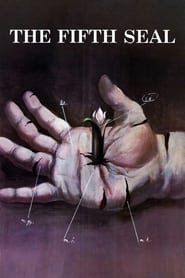
The Fifth Seal
The Fifth Seal, a 1976 Hungarian drama directed by Zoltán Fábri, is a thought-provoking and deeply u...